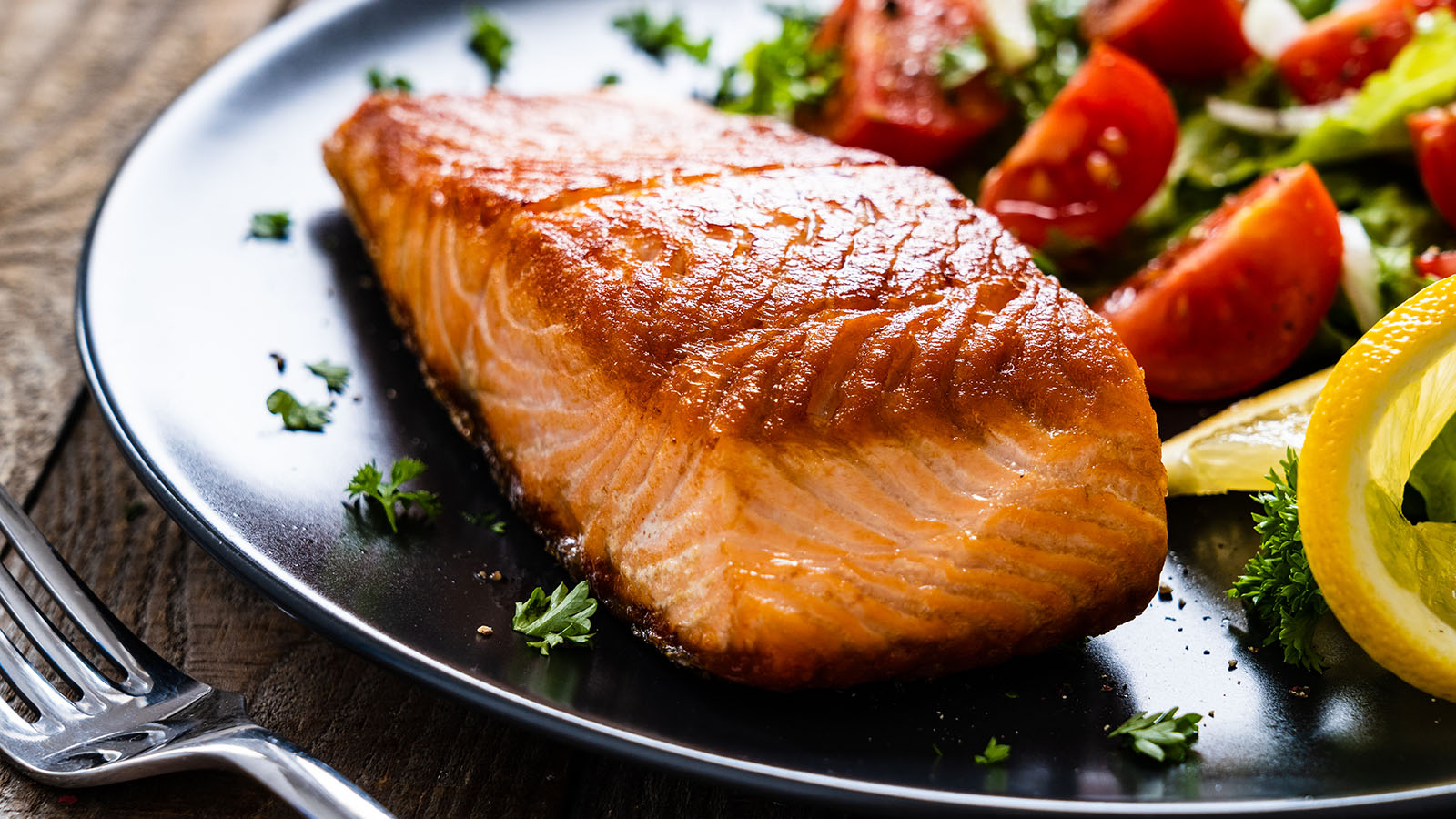Menu Planning? Try These 5 Heart-smart Substitutions
Food can be medicine and plays a big role in keeping our hearts healthy. Erin Wickersham, RD, Virtua Health registered dietitian, offers five ways you can start improving your heart health with food.
By Erin Wickersham, RD, Registered Dietitian
When it comes to heart health food can literally be medicine. The foods we eat play a big role in keeping our hearts healthy. Here are five ways you can start improving your heart health right in your own kitchen:
- Opt for seafood instead of red meat. Red meat is often high in saturated fat, which raises LDL, or “bad,” cholesterol levels. On the other hand, the omega-3 fatty acids found in fish, such as salmon, can help reduce the risk for heart failure, coronary heart disease, cardiac arrest, and stroke. Aim for about 8 ounces of nonfried seafood per week, which can help reduce the risk of heart disease.
- Season food with herbs and spices, rather than salt. Eating too much sodium ups the chances of developing high blood pressure, a major risk factor for heart disease. People with elevated or high blood pressure should eat only 1,500 milligrams (mg) or less of sodium a day. Other adults should aim for less than 2,300 mg. This is the amount contained in about 1 teaspoon of table salt.
- Limit processed foods, which are high in sodium and sometimes contain trans fats. Instead, include fresh poultry, seafood, and vegetables. And enjoy potassium-rich foods, such as spinach, bananas, kidney beans, potatoes, and lentils. While sodium can raise blood pressure, potassium helps lower it.
- Cook with oil that is liquid at room temperature instead of butter or shortening, which are solid at room temperature and high in saturated fat. Try olive oil, avocado oil or sunflower oil, which contain monounsaturated and polyunsaturated fat. Research shows that replacing saturated fats with polyunsaturated fats is associated with reduced LDL cholesterol and a lower risk of having, and dying of, heart attacks.
- Snack on about a ¼ cup of unsalted walnuts, almonds, and other nuts to get your fill of healthy polyunsaturated and monounsaturated fats, potassium, fiber, and antioxidants. They can help reduce the risk of heart disease. Put down ultra-processed foods (chips, cookies, etc.) that contain high amounts of unhealthy fats, added sugars, and sodium. Eating these foods has been linked to a higher risk for obesity, hypertension and other health problems.
Looking for a new dish to perk up your mealtime? Click here to find delicious items you can easily make at home, from grilled chicken with strawberry and pineapple salsa to salmon with cilantro pesto.
There's So Much More to Explore
Discover expert insights, inspiring stories, health tips, and more by exploring the content below!

Are You Eating Too Much Salt? High-Sodium Foods to Watch For

4 Exercise Tips to Help You Reverse High Blood Pressure

Timely Heart Care During a Heart Attack Helps Joe Feed the Community

3 Reasons Why Now's the Time to Find Relief From Varicose Veins
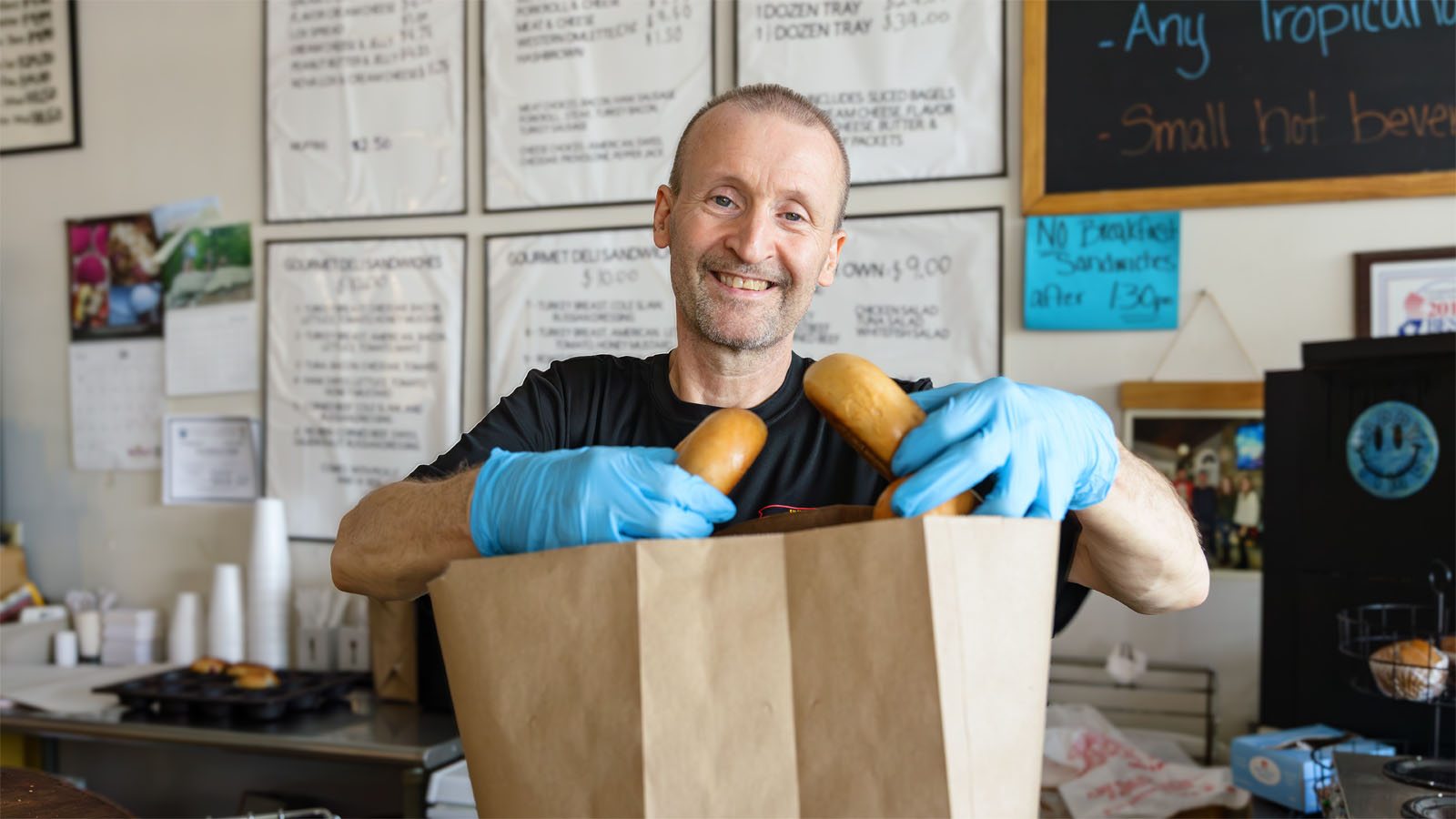
HeartTalk Magazine

Lifesaving Heart Care Creates a 'Bond That's Never Left Us'

How High Blood Pressure Affects Your Body

5 Interesting Facts About Your Heart
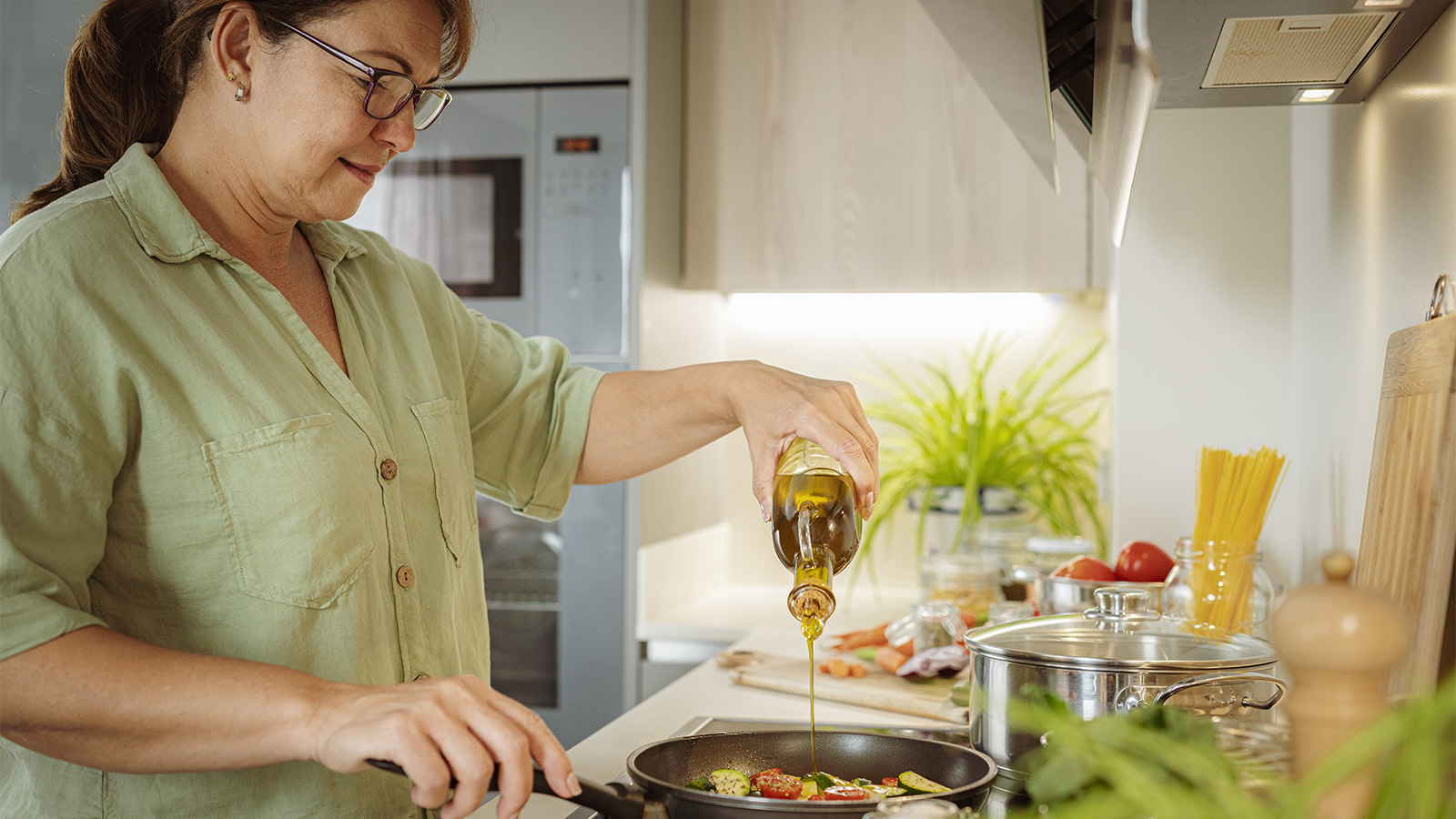
Get to the Bottom of Blood Pressure Numbers

CABG Surgery: What Women Should Know About Heart Health and Healing

When to Take Action for a Stronger Heart

Groundbreaking Renal Denervation Procedure Controls a Lifetime of High Blood Pressure
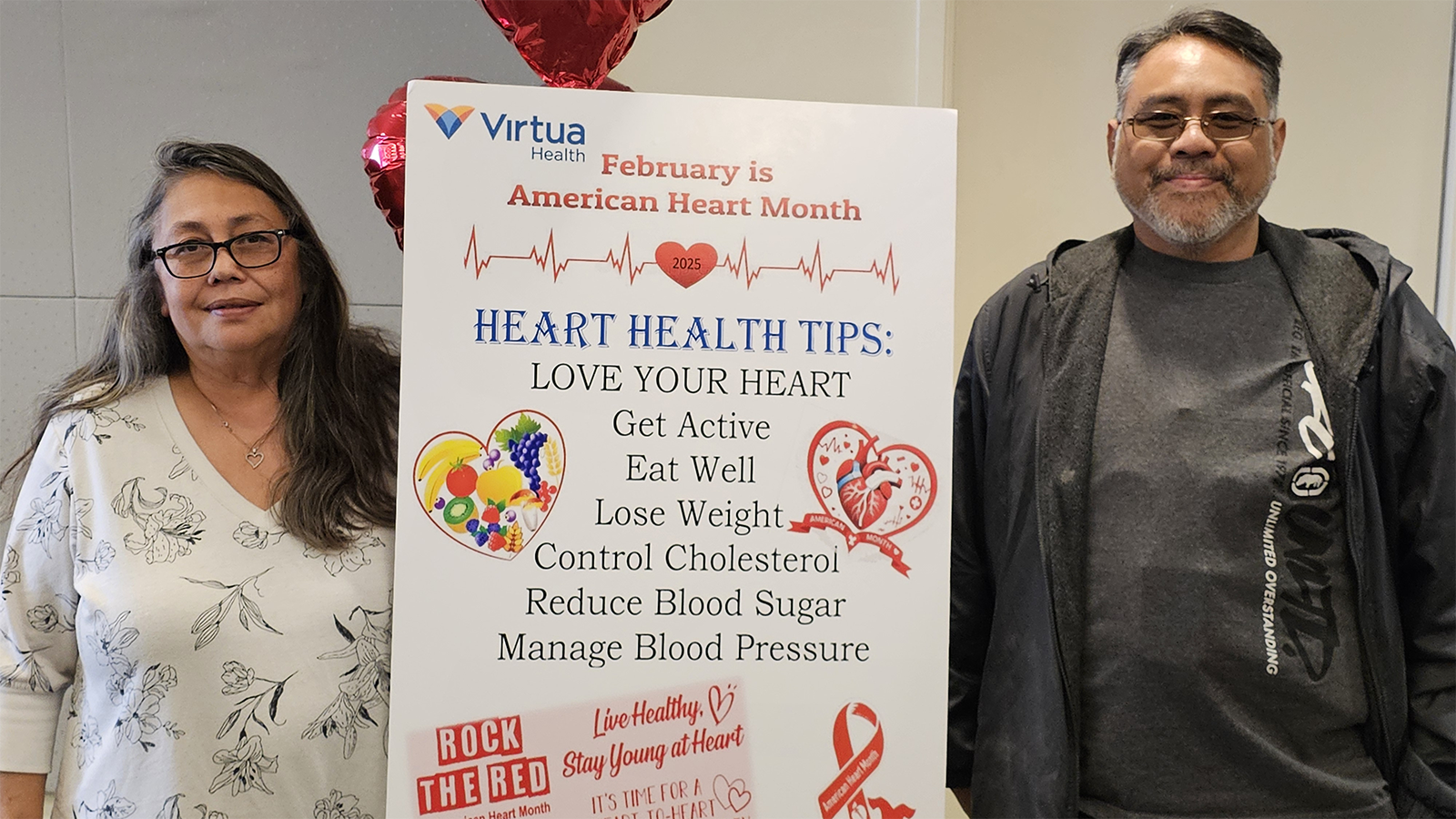
Patient Story: LVAD Mechanical Pump Strengthens Michael's Heart Function
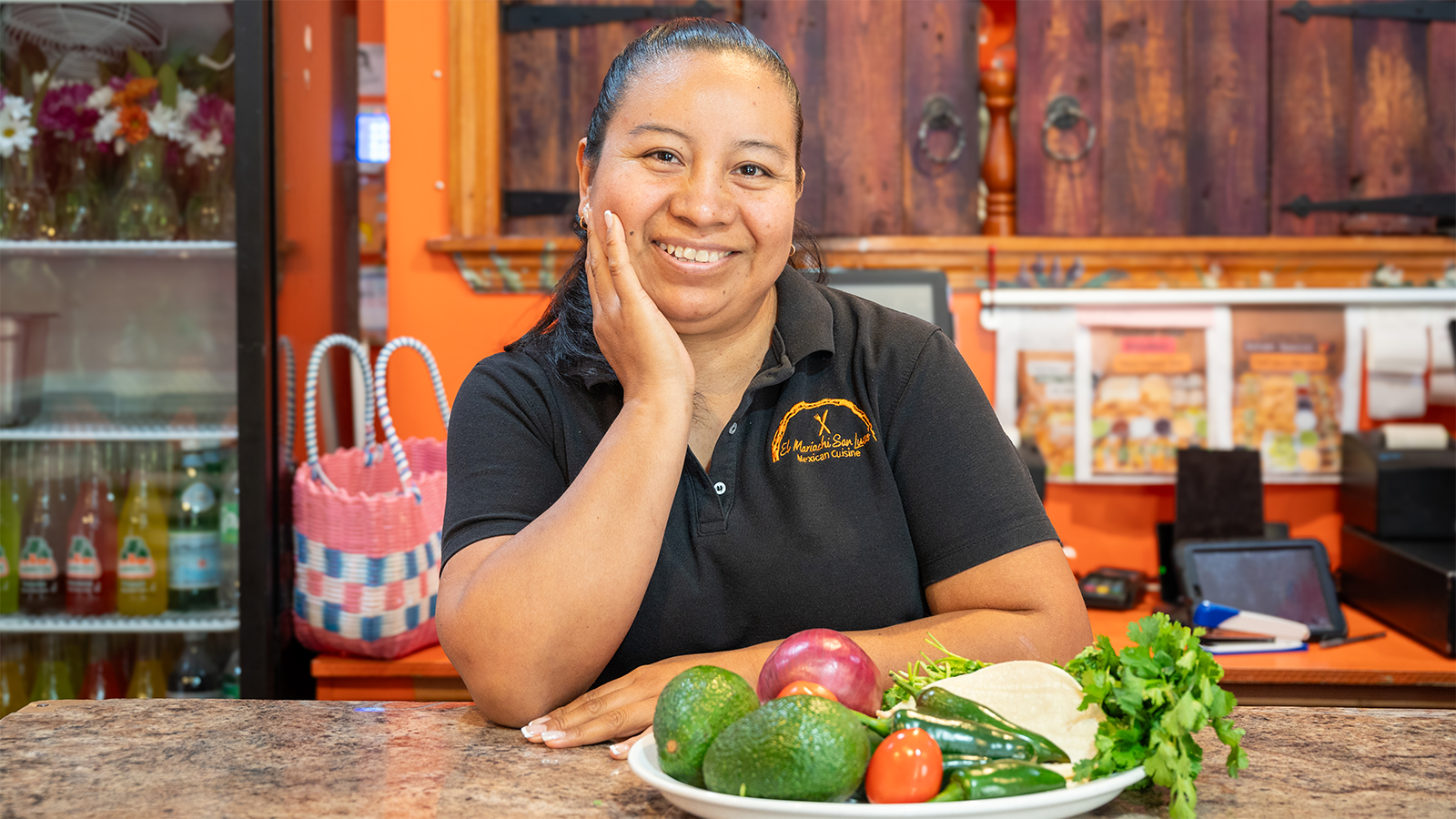
Mitral Valve Surgery Keeps Yaneth Living the American Dream
Inside Look at Blood Vessels Aids PAD Treatment
Denise Davis: Pay Attention to Your Heart Health

Sweet Music: Trust, Teamwork Save Justin from Heart Attack

Complex Heart Surgery Nets James a Lifelong Friend

8 Key Steps to Better Blood Pressure Control

Signs You Should Get Treated For Vein Problems

One New Heart Valve Saves Two Lives in the Tritten Family

What You Need to Know About Heart Failure

6 Numbers Key to Keeping Your Heart Healthy

Five Mindfulness Tips That Can Help Heal Your Heart

Watchman Heart Device: a Technological Breakthrough for Blood Clot Prevention

Albert's Emergency Cardiac Surgery Is a 'Story of a Lifetime'

Love Your Heart: Essential Care Tips for Every Stage of Life

How Do I Measure My Blood Pressure at Home?

How Do I Improve My Cholesterol Levels?

3 Ways to Reduce Your Stroke Risk

How the Unique Stages of a Womans Heart Affect Her Health

Can Your Gut Health Affect Your Heart?
Advanced Heart Failure Therapies Get Bernadine Back to Full Speed

Keeping the Beat: Advanced Heart Surgery for Aortic Aneurysm
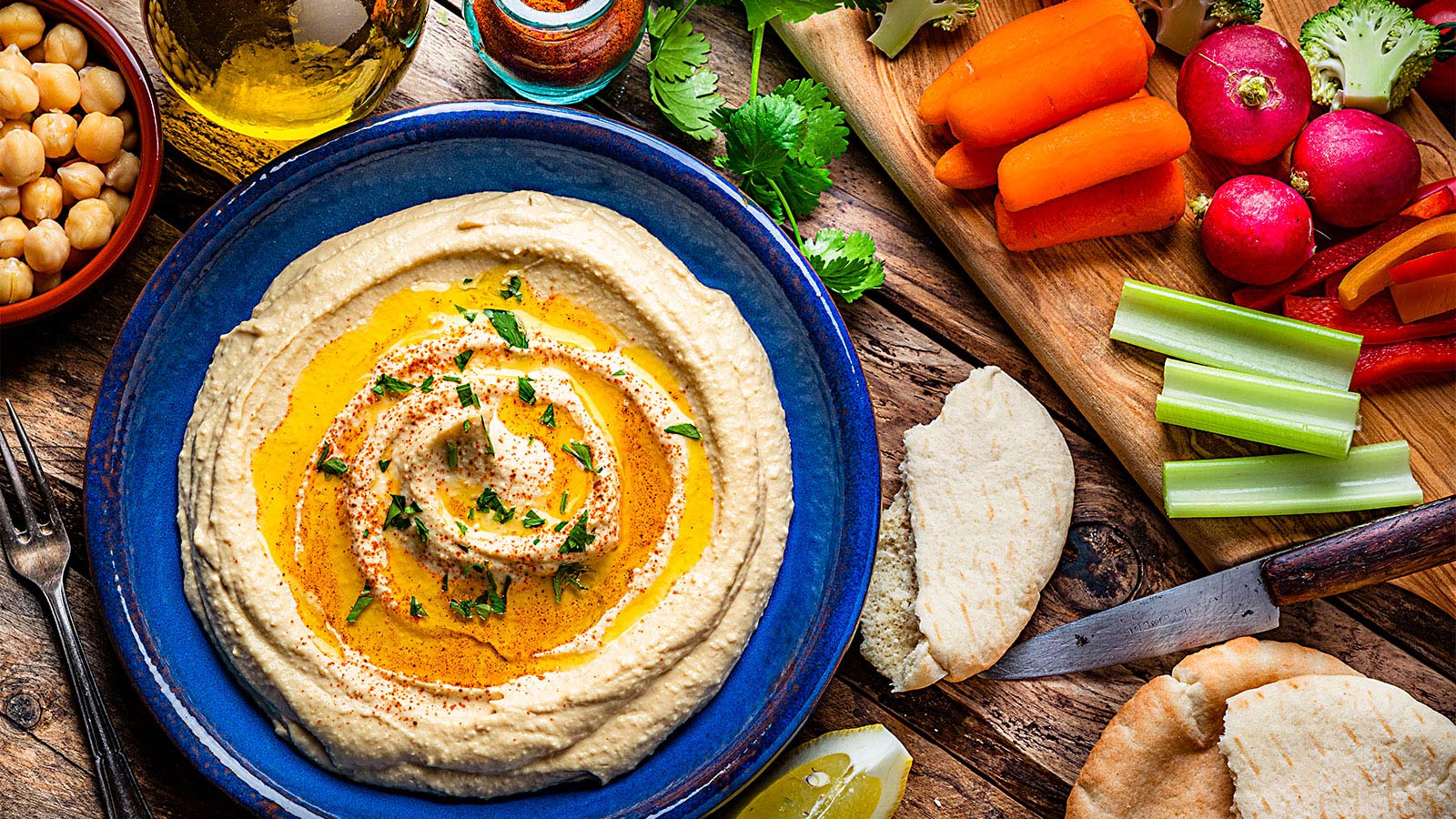
Heart-Healthy Summer Recipe: Hummus and Veggies

4 Delicious Heart-Healthy Recipes Perfect for Summer
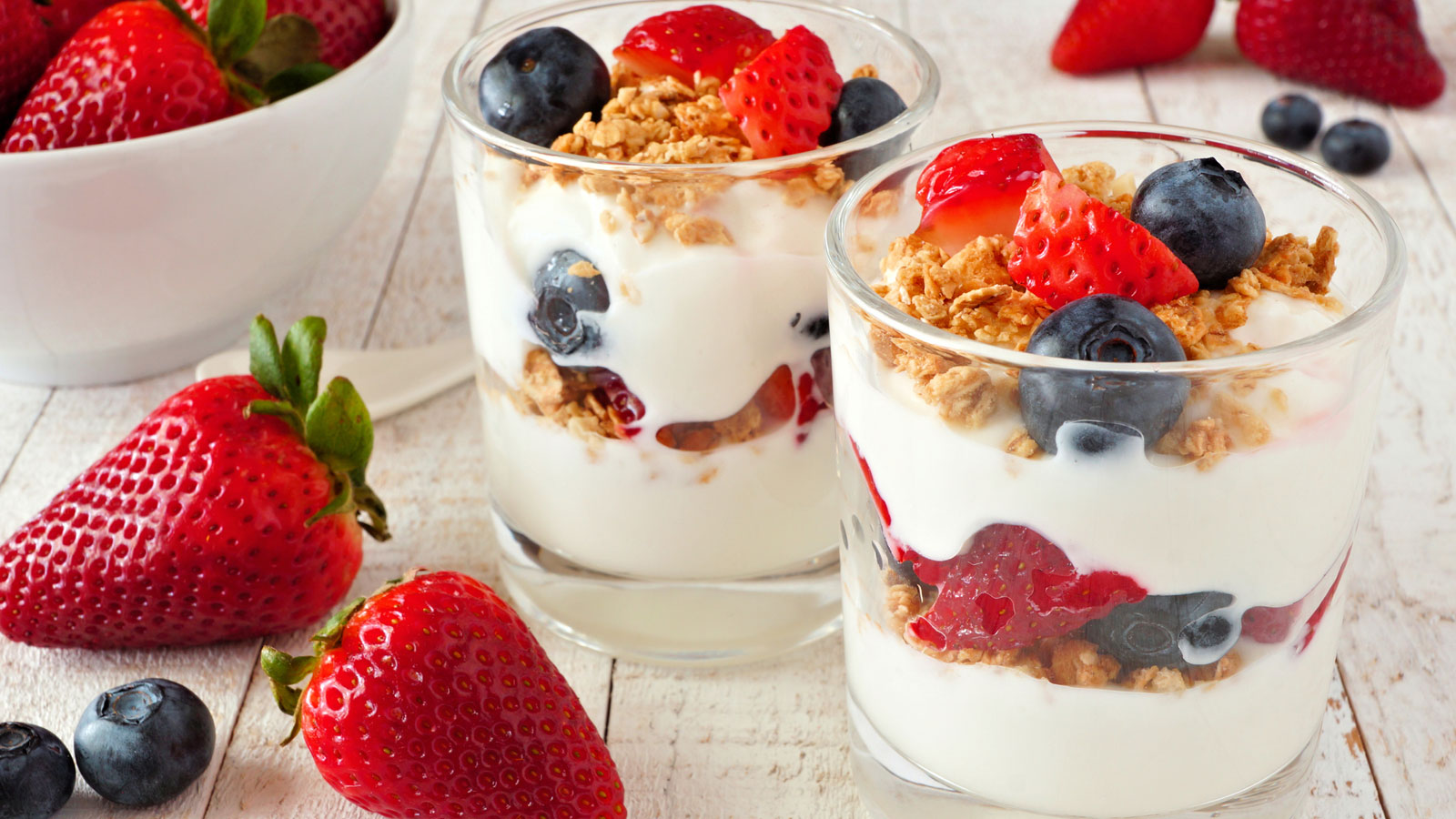
Heart Healthy Summer Recipe: Dessert Parfait
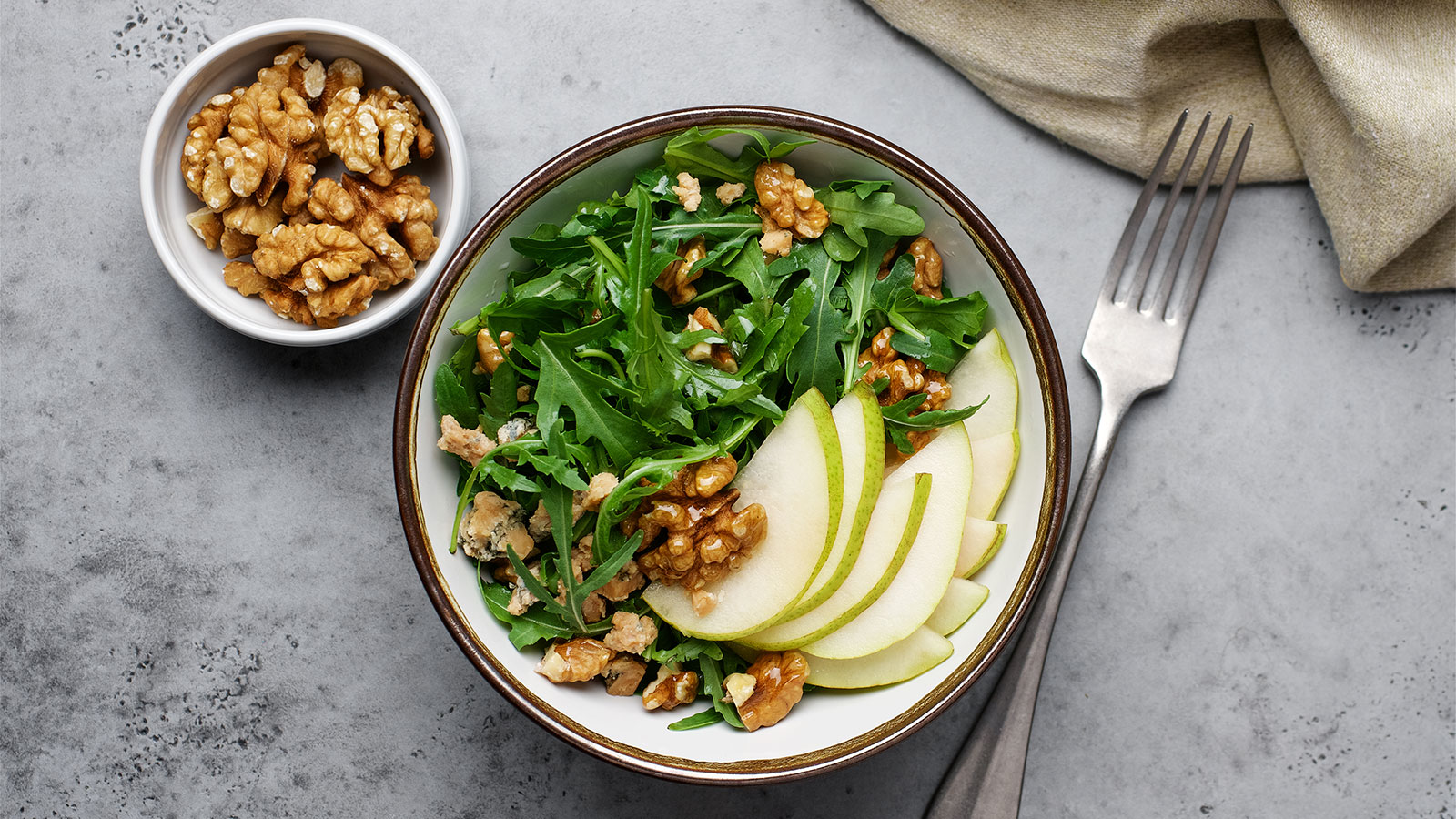
Heart-Healthy Summer Recipe: Pear and Walnut Salad
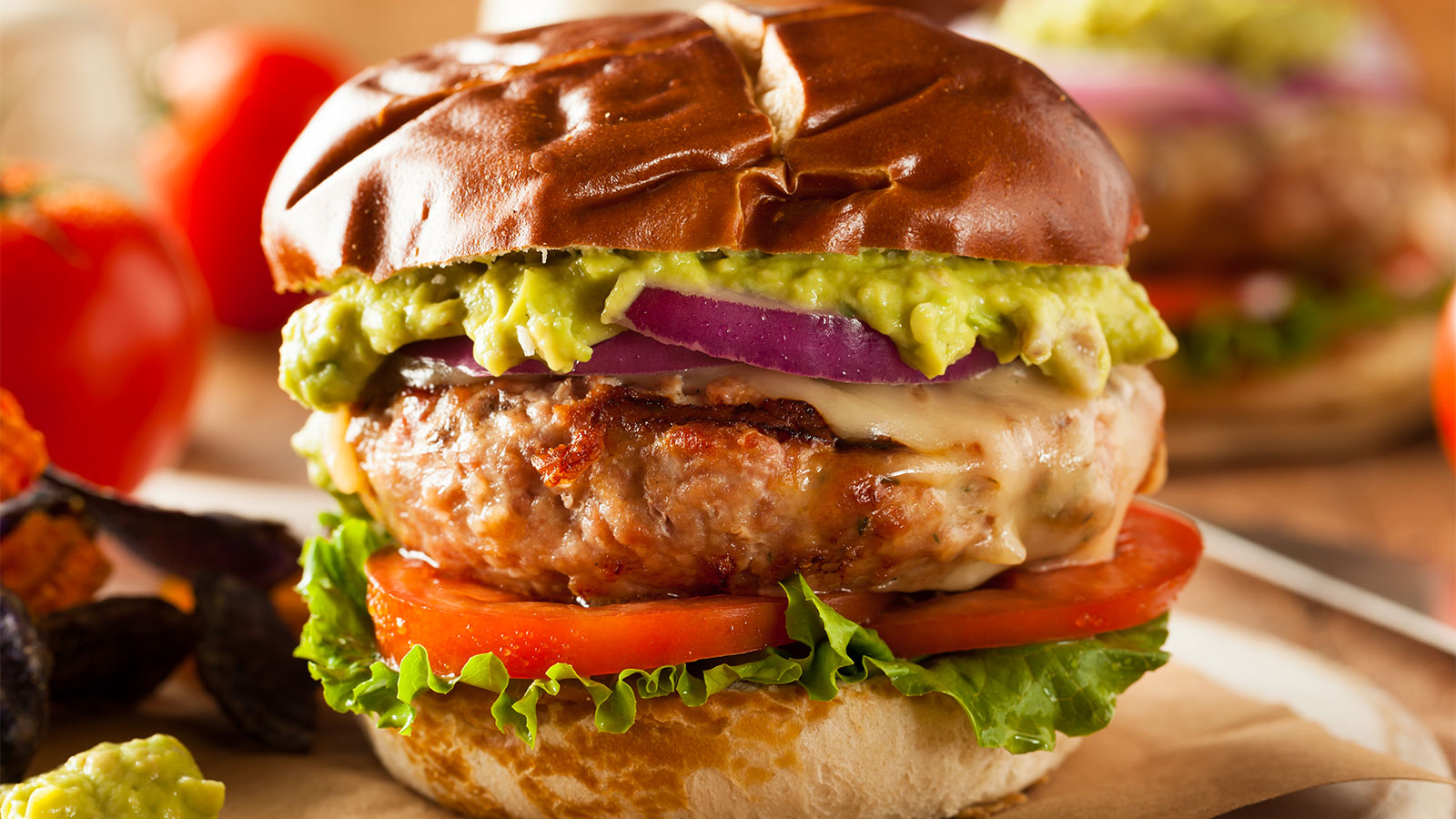
Heart-Healthy Summer Recipe: Terrific Turkey Burgers
Atrial Fibrillation and Stroke: What's the Connection?
Heart Tests Your Doctor May Order
Managing Pregnancy for Mothers With Heart Conditions
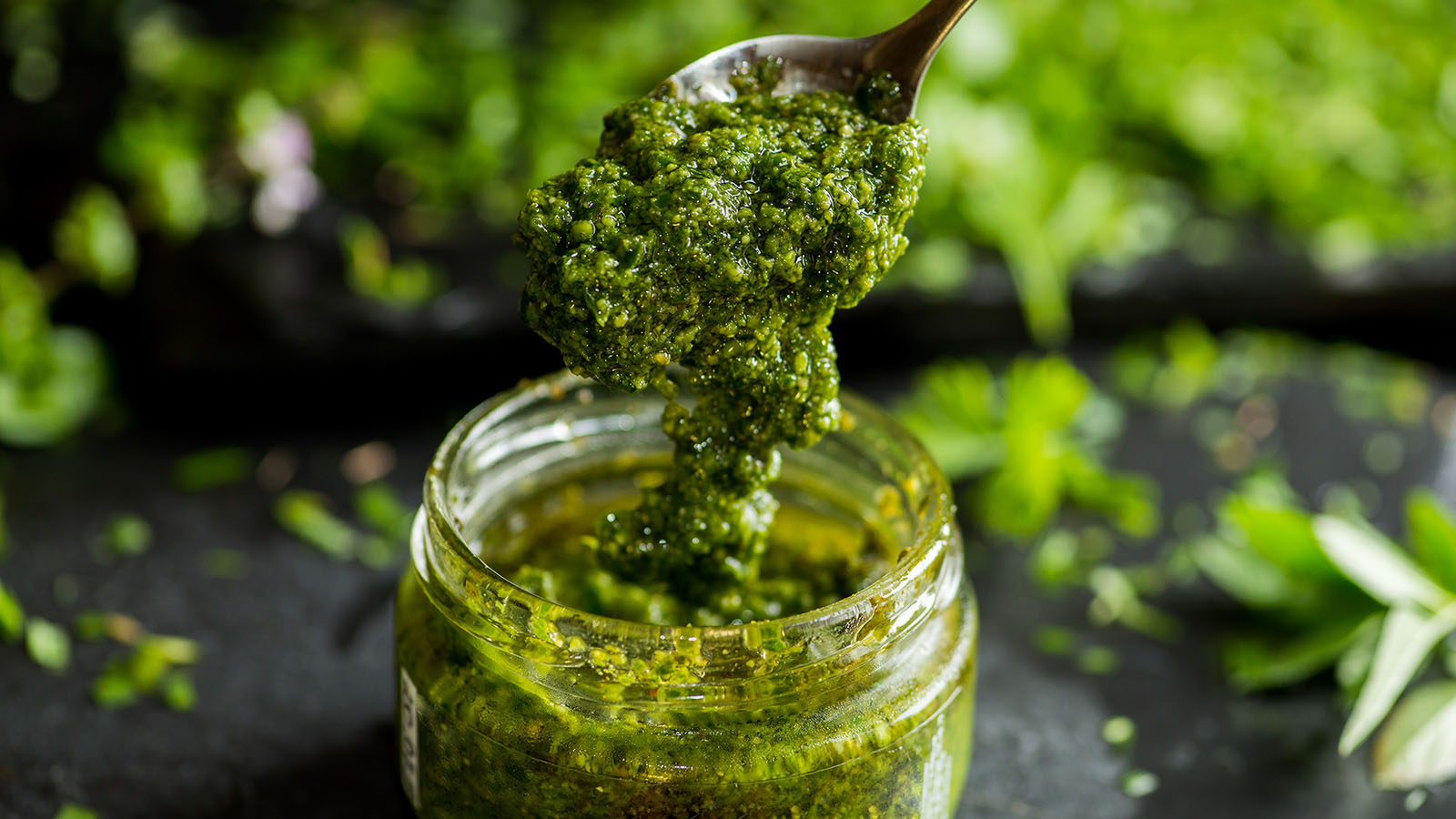
Heart Healthy Recipe: Basil Pesto Pasta With Seared Vegetables
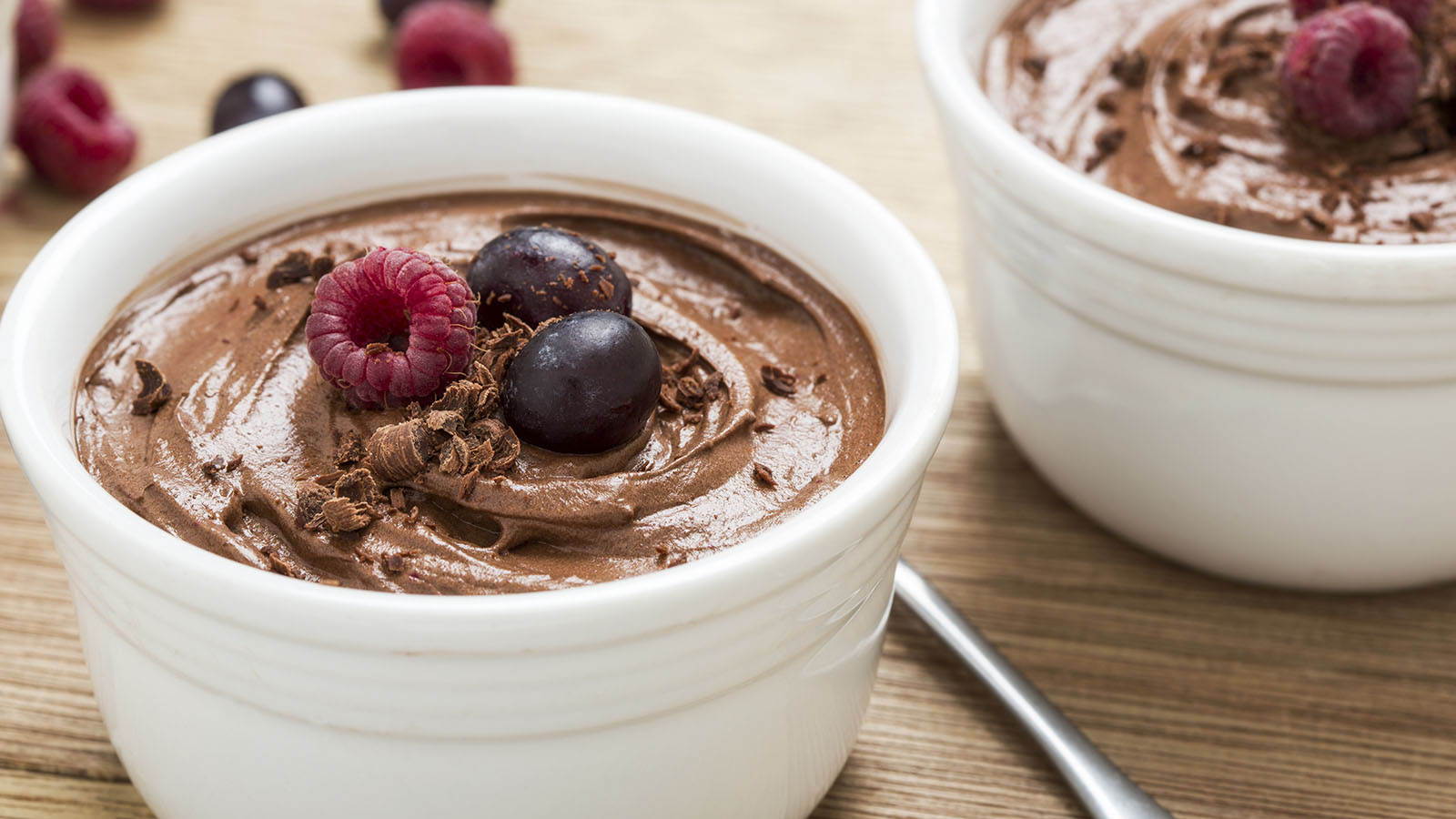
Heart Healthy Recipe Chocolate Avocado Chia Pudding
Keep Your Heart Rhythm in Check With Your Smartwatch
Mind Your Meds for Blood Pressure Risks
Magic Pill for Heart Health? Cut 300 Calories a Day
3 Smart Ways to Boost Your Heart Health
3 Best Exercises For Heart Health

Get Your Heart Pumping With These 25 Workout Songs
Your Chest Pain: Heartburn, Heart Attack, or Something Else?
3 Heart Healthy Recipes to Win Valentines Day
How Work and Home Stress Can Affect You
Why Improving Your Health Is Going To The Dogs And Cats
Why Younger Women Need Start NOW To Safeguard Their Hearts From Heart Attacks
Can You Die of a Broken Heart?
Mitral Valve Surgery Opens Doors for Improved Quality of Life
6 Healthy Habits to Start in Your 20s for Better Lifelong Health
Do You Have a Fatty Heart?
Get Pumped! Assist Devices Can Improve Heart Failure Symptoms
A Cardiologists Advice on Heart-saving Emergency Cardiac Care
Virtua Doctor’s Experience Is a Warning for All About COVID-19 and Strokes
You May Feel Fine, but Gregory Says "Don't Skip Your Medical Care"
In Sickness and in Health: Couples Often Share Heart Disease Risk
"Reduce Your Heart Disease Risk With a Plant-based Diet"
Hybrid Robotic Heart Surgery and Valve Replacement Restores Quality of Life
Can Marijuana Hurt Your Heart Health?
6 Tips for Restoring Your Heart Rhythm
Eat Smart for Your Heart
Cardiac Rehab: Strengthening Your Heart After Leaving the Hospital
Your Heart Needs A Good Nights Sleep
Are You at Risk for AAA—the Silent Killer?
The Cardio Oncology Team Protects Your Heart During Cancer Treatment
Get Relief From Painful Varicose Veins This Summer
Exercise Your Way to a Stronger Heart
Fish Oil: A Good Catch or a Scam?
My Heart Seems to Skip a Beat - Should I Be Worried?
Menu Planning? Try These 5 Heart-smart Substitutions

5 Health Risks Tied to Weight
